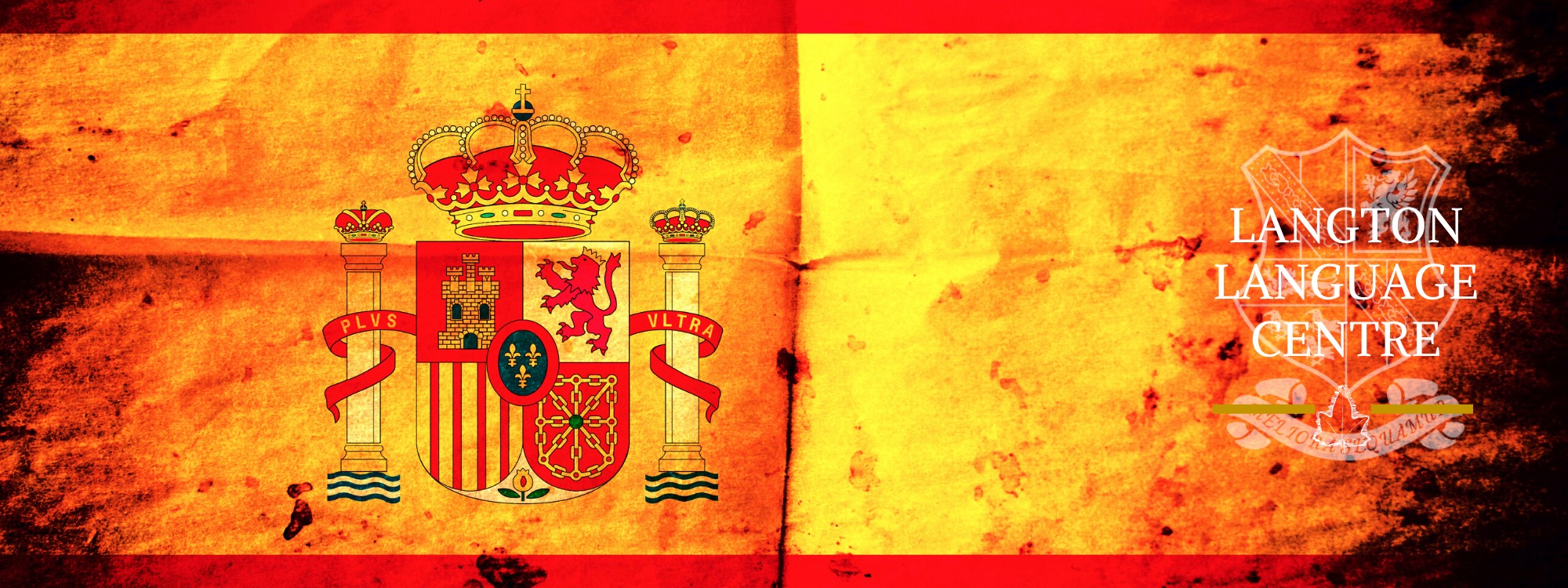
- Home
- Academic
- Subject Information
- Spanish
Spanish
“One language sets you in a corridor for life. Two languages open every door along the way.” – Frank Smith
By delivering a high-quality education in Modern Foreign Languages, we equip our students with the opportunity to stand out from the crowd and thrive in an increasingly globalised world.
We provide an ambitious and creative curriculum which equips students with skills for languages for life. The promotion of independent learning and teamwork inspires students with the confidence to pursue their studies and enables them to gain linguistic and transferable skills. Encouraging our students to excel by challenging themselves to reach further, through risk taking, instils a sense of resilience, so essential for future success in all fields.
Our programmes of study place an importance on languages for all through enculturation, fostering an appreciation of diversity and a passion for the world that we share. Effective links with English grammar ensure that our students value their language as a medium to appreciate another. Through this awareness of language structure, students gain the knowledge to apply skills across the curriculum, such as analysis and evaluation of different sources and data, metacognitive strategies and memory techniques.
The journey starts in Key Stage 3, where students learn a first foreign language, and then apply their emerging linguistic skills to an accelerated second foreign language course in year 8. We are proud of our commitment to languages for all at Key Stage 4 and students continue their language journey through to Key Stage 5, leaving with the ability to communicate confidently and fluently.
At the Langton Language Centre, it is our ambition to continue to cultivate confident linguists for the 21st Century, not only with our three main curriculum languages, but also with an array of other world languages and extra-curricular opportunities, a truly unique offer stretching way beyond traditional MFL curriculums.
“If you talk to someone in a language they understand, that goes to their head. If you talk to them in their language, that goes to their heart.” – Nelson Mandela
KS3
|
Year Group |
Areas of Study |
|
7 and 8 FL2 |
Course book – Viva 1 Unit 1: My life – introductions, personality and celebrations Unit 2: Sports, hobbies and more! Unit 3: Food and eating out Unit 4: Our lives with our family and friends - Carnaval Unit 5: Where we live and exploring Hispanic culture |
|
8 |
Course book – Viva 1 and Viva 2 Unit 1: Opinions on education -Viva 1 Unit 2: Going abroad – Viva 2 Unit 3: What is trending? – Viva 2 Unit 4: Arranging to meet up – Viva 2 |
|
9 |
FL1 and FL2 follow the same programme of study Unit 1: Free time activities and celebrations – La quinceñera in Latin America Unit 2: Mini module – Peruvian Folklore – creative stories Unit 3: Jobs for the future and global careers Unit 4: Keeping fit Unit 5: Young people in action – human rights, global issues |
GCSE
Board
Edexcel
Outline of the Course
- The course aims to equip students with the necessary language learning skills both for immediate use and to prepare them for further language study and use in school, higher education or in employment. Students will study from a range of resources which includes writing in different registers. Students can be entered for either Foundation or Higher tier, however, at Simon Langton Girls’ the majority of students are entered for the latter. The vocabulary list for each language comprises 1200 words to be used at both Foundation and Higher tier and an additional 500 words to be used at Higher tier only.
- The content of the course will develop students’ ability to communicate confidently and coherently with native speakers in speech and writing, conveying what they want to say with increasing accuracy as well as express and develop thoughts and ideas spontaneously and fluently.
- There are six broad areas of study, which build on those studied in Key Stage 3. The vocabulary and grammar enable students to communicate across a range of engaging and relatable thematic contexts, which are relevant to their current and future need:
- My personal world
- Lifestyle and wellbeing
- My neighbourhood
- Media and technology
- Studying and my future
- Travel and tourism
Assessment
|
Type of Assessment |
Duration |
Weighting |
|
|
1 |
Paper 1: Speaking in Spanish 15 Minutes preparation time, then: |
Foundation – 7-9 minutes Higher – 10 – 12 minutes |
25% (50 marks) |
|
2 |
Paper 2: Listening and understanding in Spanish 5 Minutes reading time, then: |
Foundation – 45 minutes Higher – 60 minutes |
25% (50 marks) |
|
3 |
Paper 3: Reading and understanding in Spanish |
Foundation – 45 minutes Higher – 60 minutes |
25% (50 marks) |
|
4 |
Paper 4: Writing in Spanish |
Foundation – 1 hour 15 minutes |
25%
|
A Level
Minimum Entry Criteria
Essential: 7 in Spanish
Board
Eduqas
Outline of the Course
- Component 1: Speaking – This component comprises of 2 parts. The first part is a discussion on a topic chosen by the student. The second part is based on a stimulus card on one of the themes covered at A level and ensuing discussion
- Component 2: Listening, reading and translation – Students will be asked to transfer meaning from a number of audio texts and reading texts through multi choice questions, gap filling and question and answer type responses. The translations include translating one text from English to the assessed language and another from the assessed language to English
- Component 3: Critical and analytical response in writing – Students will be asked to write two essays based on a text and/or a film which has been studied in class
- Components include the following topics: travel and exploration, diversity and difference, contemporary youth culture and The two Spains from 1936 onwards
- Texts and films – El Otro Arbol de Guernica (novel) and Mujeres al Borde de un Ataque de Nervios (film)
Assessment
|
Type of Assessment |
Duration |
Weighting |
|
|
1 |
Examination: Oral assessment – discussion on chosen topic followed by discussion based on a stimulus card |
21-23 minutes |
30% |
|
2 |
Examination: Listening, reading and translation from target language to English and English to target language |
2 hours 30 minutes |
50% |
|
3 |
Examination: Writing assessment – based on texts or film |
2 hours |
20% |








